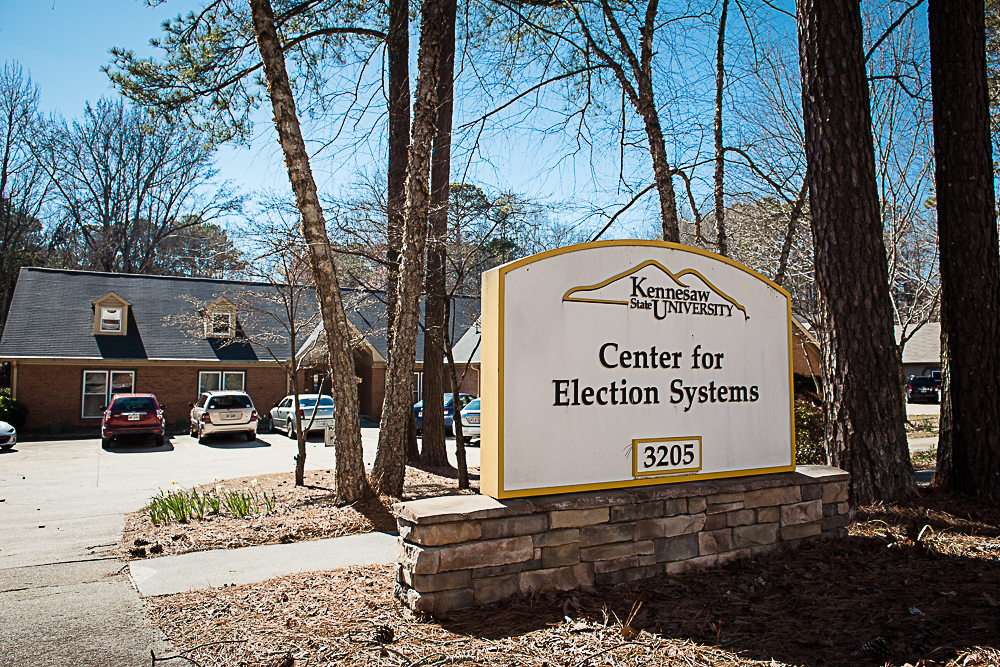“Teachers are struggling”: Aspiring educators express concern over troublesome future of the American education system
KSU education majors express their concern about the American education system and what worries them about their future careers.
Aspiring and current teachers have growing concern about the financial support and overall operation of the American education system in the near future. Future educators are worried about a general lack of compensation and what the federal budget cuts will mean for them in the classroom.
According to a release by the Department of Education (ED), over $600 million in grants used to train teachers on divisive ideologies were cut this year (i.e. training covering cultural inclusion, racial bias, equity, systematic oppression, etc.). The ED sent a letter on February 14 to state education departments warning them that they run the risk of federal funding cuts if they do not eliminate diversity initiatives, OPB reported.
ED oversees around 100,000 public and 34,000 private schools in the US, according to Reuters, who also reported that funding from the ED accounts for significant educational areas like disadvantaged schools and additional programs (i.e. special needs programs, art programs, replacing outdated infrastructure, educating homeless children, aiding the deaf and blind, etc.).
An anonymous KSU elementary education major expressed her concern over this matter. She explained that teachers are undervalued, especially considering that their work acts a foundation for millions of careers and basic life skills. She said that many aspiring educators, including herself, are discouraged by the outlook of the education system and the lack of financial support for students.
“It’s already difficult for most teachers to support their classroom needs as is, but taking away even more support would be detrimental,” she said. “I also don’t think I’m alone when I have doubts about this career path. But a great teacher educates for the betterment of their students, and I think that’s easier to do with sustainable funding.”
Federal funding cuts also may result in lower financial compensation for teachers, particularly at disadvantaged schools with Title I or Title II programs, reported CNN.
Another anonymous KSU elementary education major shared her perspective about the inadequate salaries of teachers, even before budget cuts. She said current teachers are being led to leave the profession for this reason.
“They are not getting paid what they should for the higher education they have,” she said. “Teachers are struggling to make ends meet.”
According to Forbes, an increasing number of higher education institutions are also facing intense budget supervision, hiring freezes, and strict spending limits that will impact both students and staff.
KSU secondary math major Nikki Ho explained her thoughts about funding cuts for both secondary and higher education.
“Schools today still struggle with funding for students to get the same opportunities as higher-class schools,” Ho said. “Even in college, students struggle with paying off tuition, leaving them in debt once they graduate.”
Many education majors, field experts, and students alike feel uneasy about the future of the American education system. Numerous educators remain weary, anxiously wondering if federal funding cuts will become their school’s reality.




